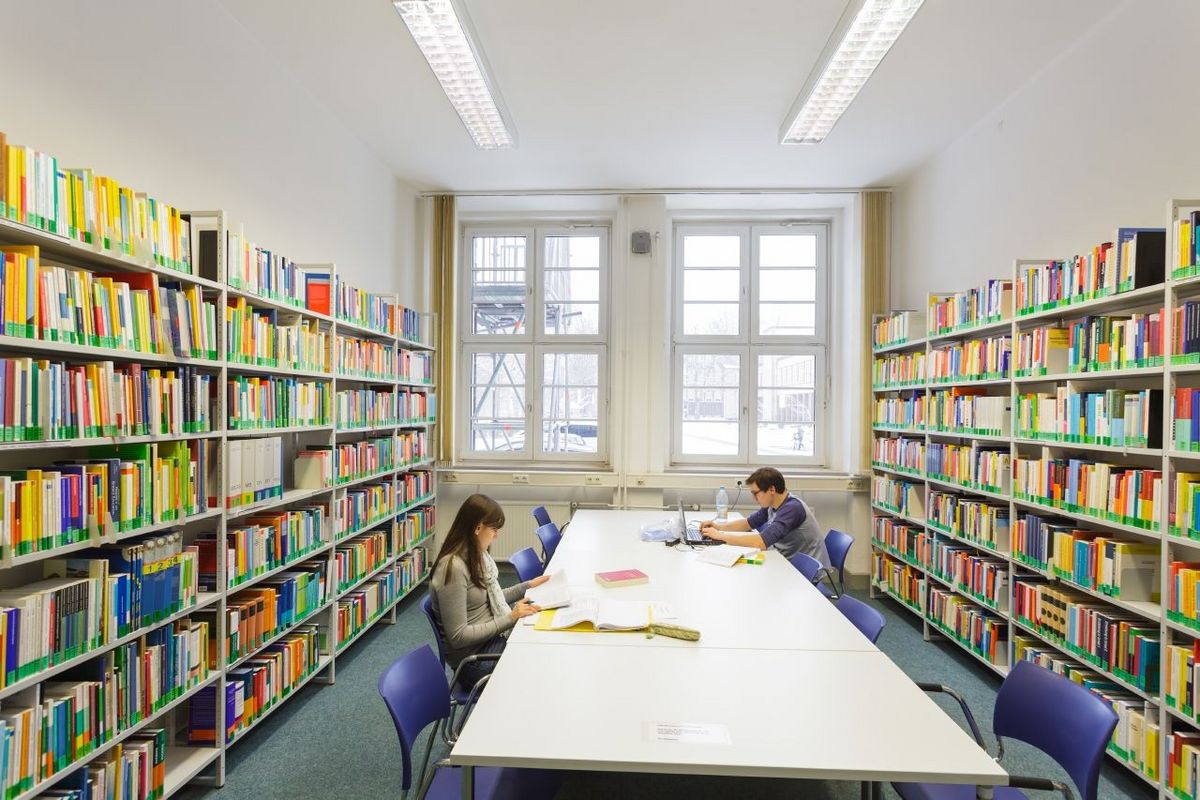Our research program is dedicated to both theoretical and practical studies on Communication for Social Change (C4SC) in Germany. The focus is on participatory communication processes that promote social engagement, dialogue, and collaborative problem-solving. We combine interdisciplinary research with practical partnerships to transform scientific knowledge into tangible change processes.
Our research center investigates how communication can drive social change. We focus on actors and processes that initiate and support this transformation. Our work connects research, transfer, and teaching:
- Research: We analyze the role of communicative processes in promoting social change.
- Teaching: We educate and train students in the application of participatory and transformative communication approaches in different societal contexts.
- Transfer: We develop practical strategies from our research to support practitioners in their work.
Our goal is to promote both knowledge and action-oriented skills to contribute to sustainable social change in the long term.
Program: “Media System and Public Sphere in Afghanistan”
Through the "Media System and Public Sphere in Afghanistan" program, we create an interdisciplinary and unique format that integrates decolonial, participatory, and transformative approaches. In the areas of research, teaching, and transfer, we address highly relevant political and theoretical questions, closely linking academia and practice.
- Research: Our team studies Afghanistan’s media structures and public spheres from a decolonial perspective, examining power structures and communication spaces in a fragile state.
- Journalistic Perspective: Afghan journalists contribute practical experience, which is further reflected upon and expanded through participatory exchange formats.
- Transformative Perspective: Dialogue formats foster transformative exchanges between academia, media, and civil society actors.
The program enriches German communication studies by introducing new perspectives—both thematically (e.g., communication for social change), geographically (e.g., Afghanistan, the Middle East), and geopolitically (e.g., fragile states, the Global South). It plays a crucial role in expanding academic discourses and fostering sustainable, global networking and transformation.
Link: www.mps-afg.de
As a research institution, we focus intensively on participatory and transformative communication approaches. Both are crucial in fostering sustainable and just transformation processes.
- Participatory communication enables affected individuals to actively and autonomously engage in change processes.
- Transformative communication aims at the sustainable transformation of fundamental societal structures.
Given multiple global challenges, these approaches are of great academic and social relevance. They provide concrete strategies not only to analyze and accompany change but also to actively shape it within social, organizational, and political contexts. Our research contributes to further developing these approaches and scientifically substantiating their importance for a sustainable society.
